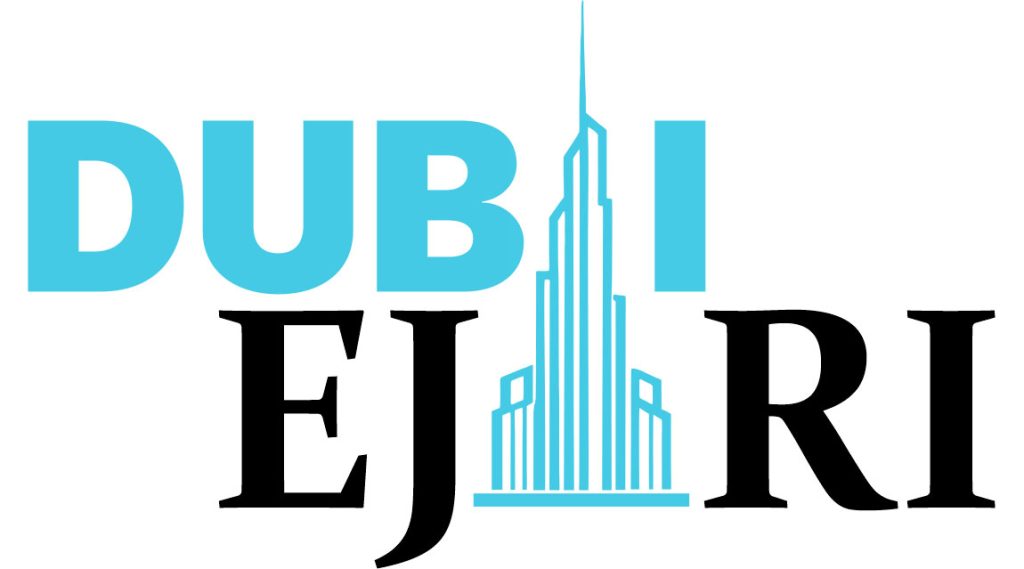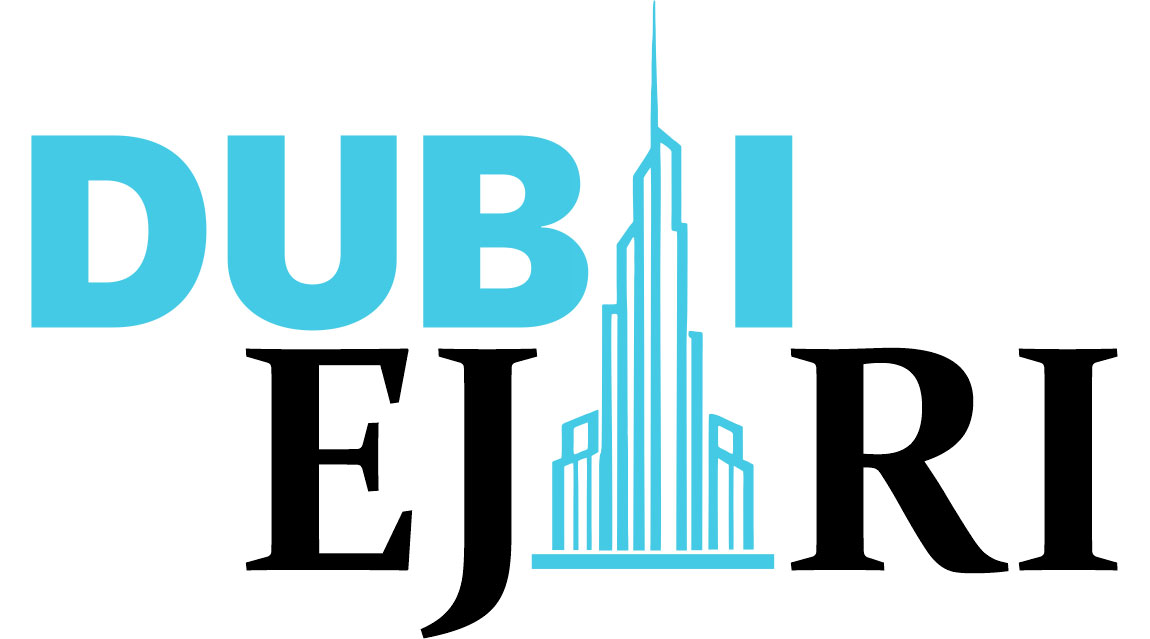Ejari registration is a legal requirement in Dubai, ensuring all tenancy contracts are standardized and compliant with the regulations set by the Real Estate Regulatory Agency (RERA). Whether you’re renting a home, commercial space, or renewing your contract, understanding the required documents is essential to complete the process smoothly.
Table of Contents
ToggleThis guide outlines the necessary documents for Ejari registration and explains why they’re needed, along with a few tips to help you avoid delays.
Understanding Ejari and Its Importance
Ejari is a government-regulated system introduced under Law No. 26 of 2007 by RERA to formalize and standardize rental contracts. All tenancy agreements in Dubai must be registered through Ejari to ensure they are legally binding and compliant with local laws.
The system is crucial because it:
- Prevents unregulated rental agreements that could lead to disputes.
- Ensures that rental contracts are transparent and fair to both parties.
- Helps the government maintain a centralized database of rental agreements, enabling proper monitoring of Dubai’s rental market.
Whether you are a tenant renting a home or a landlord leasing a property, Ejari registration is essential to protect your legal rights and ensure access to essential services.
The Legal Framework Behind Ejari Registration
Ejari registration is enforced under Dubai’s RERA laws, which govern the rights and responsibilities of tenants and landlords. Failure to register a tenancy contract through Ejari can lead to penalties and delays in accessing essential services, such as:
- Connecting water and electricity services through DEWA.
- Renewing residence visas that require proof of a valid Ejari certificate.
The legal framework ensures that all rental contracts are transparent, eliminating disputes and protecting the rights of both parties involved.
Key Documents Required for Ejari Registration
To complete Ejari registration, you need to submit the following documents:
- Signed Tenancy Contract
- This is the primary document that formalizes the rental agreement between the tenant and the landlord.
- It must include:
- Property address (e.g., Apartment 402, Marina Towers, Dubai).
- Lease duration and rental amount.
- Signatures of both tenant and landlord.
- Tenant’s Identification Documents
- UAE Nationals: A copy of the valid Emirates ID.
- Expatriates: Emirates ID, passport copy, and residence visa page.
- Landlord’s Title Deed
- The title deed serves as proof that the landlord owns the rented property.
- DEWA Premise Number or Recent Bill
- A DEWA (Dubai Electricity and Water Authority) bill or premise number is required to link the property to its utilities.
- Landlord’s Passport Copy (If Applicable)
- If the landlord is not directly involved, their passport copy may be requested for verification.
- Power of Attorney (POA) (If Required)
- If an agent or representative is acting on behalf of the landlord, a valid Power of Attorney must be submitted.
Documents for Ejari Renewal
If you are renewing an Ejari registration, additional documents are required:
- Previous Ejari Certificate: Proof of the existing registration.
- Updated Tenancy Contract: Reflecting the new rental period and terms.
- Updated DEWA Bill: For the renewed tenancy period.
Documents for Corporate Ejari Registrations
When a corporate entity (company or organization) is renting a property, the following additional documents are required:
- Signed Tenancy Contract
- The rental contract signed by the company representative and the landlord.
- Company Trade License
- A valid copy of the company’s trade license as proof of legal operations in the UAE.
- Power of Attorney (POA) (If Applicable)
- If someone other than the trade license holder is signing the contract, a valid POA document is required.
- Passport and Emirates ID of Authorized Signatory
- A copy of the passport and Emirates ID of the authorized company representative.
- Landlord’s Title Deed
- A copy of the property’s title deed to confirm ownership.
- DEWA Bill or Premise Number
- A recent DEWA bill or DEWA reference number for the property.
Why Are These Documents Important?
The documents required for Ejari serve several key purposes:
- Legal Compliance: Ensures the tenancy contract is officially registered under RERA regulations.
- Utility Connections: Ejari registration is mandatory to set up or transfer DEWA services.
- Tenant and Landlord Protection: Ejari safeguards both parties in case of disputes by providing a legally recognized contract.
- Visa Renewals: Tenants need a valid Ejari certificate to renew residence visas or sponsor family members.
How to Submit Ejari Documents?
You can submit your Ejari documents either:
- Online:
- Through the Dubai REST app or the Ejari portal.
- Upload clear, scanned copies of the required documents in PDF or JPEG format.
- In-Person:
- Visit an authorized Ejari typing center in Dubai.
- Bring printed copies of all necessary documents.
Tips for a Smooth Ejari Registration
To avoid unnecessary delays, keep these tips in mind:
- Verify Information: Ensure the details in the tenancy contract match those in the title deed.
- Prepare Clear Copies: All documents must be scanned clearly without blurs or missing sections.
- Coordinate with the Landlord: Request essential documents like the title deed and DEWA number in advance.
- Choose the Right Platform: Opt for online registration through the Dubai REST app for faster results.
Conclusion
Ejari registration is a simple yet essential process that requires specific documents, such as the signed tenancy contract, tenant’s identification, and the landlord’s title deed. For renewals, the previous Ejari certificate and updated tenancy terms are also necessary.
By preparing these documents in advance and ensuring they meet the requirements, tenants and landlords can register Ejari seamlessly and avoid delays.
For professional assistance and a stress-free experience, you can visit Ejari.Support to complete your registration quickly and efficiently!
FAQ’s About Ejari Requirements
Q: Can I use digital copies of documents?
A: Yes, but they need to be clear scans, not photos.
Q: What if my landlord is overseas?
A: Don’t worry! They can send authorized copies of their documents.
Q: How long does verification take?
A: Usually 24-48 hours if all your documents are correct.




